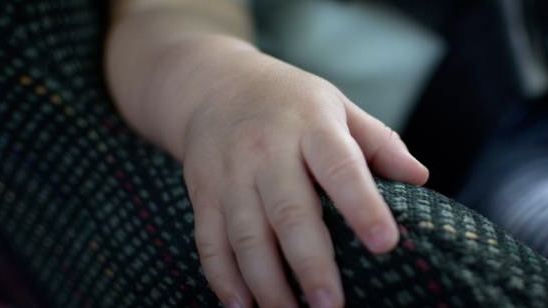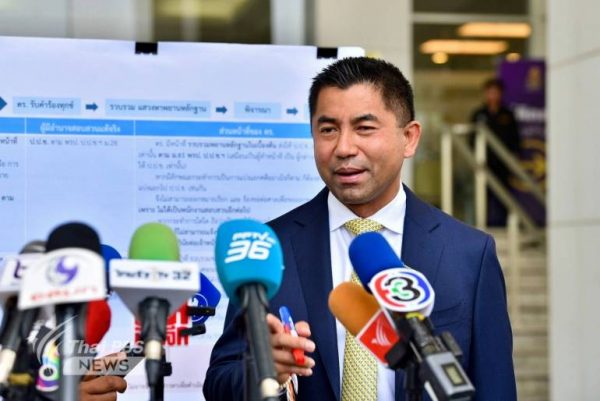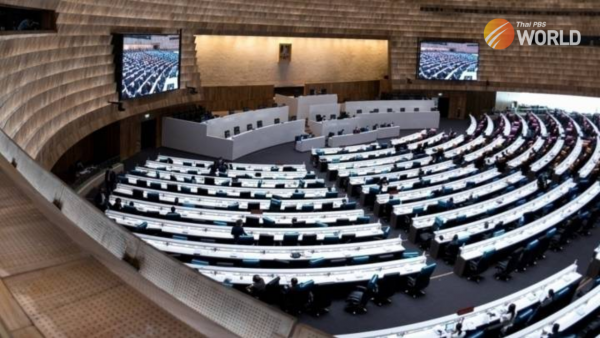Safety at a price: Why compulsory car seat use is controversial in Thailand

For decades now, Thai parents have been letting their children ride in cars without a car seat, and sometimes even without a belt. The practice – which also applies to school buses – is so prevalent that people fail to realize the danger involved.
However, from September 5, it will be banned by law. The amended version of the Land Traffic Act, which was published in the Royal Gazette earlier this month, states that children up to the age of six or no taller than 135 centimeters must sit in a car seat while in a moving automobile. Breaking the new rule carries a fine of up to 2,000 baht.
However, while the amended law’s aim is to protect children, people are already expressing concern over how it will be enforced.
Benefits of a car seat
Portable car seats for babies or young children are designed to be secured to a passenger seat in a car.
Asst Prof Dr Worawut Choeyprasert, a pediatrician and owner of the @SpoiledPediatrician Facebook page, is an enthusiastic supporter of the new law, seeing it as a “life-saving tool”.
“When there is a car crash, children are usually the first to be hurled out of a vehicle. They are also most likely to sustain serious injuries,” he said.
Just as adults are protected with a safety belt, young passengers too deserve protection with a car seat, he adds.
A total of 221 babies and young children were killed in car accidents between 2017 and 2021, according to official statistics. Few of these victims had the benefit of a car seat to protect them. Meanwhile, using a car seat reduces the risk of injury in a crash by 71-82 percent for children, the US Centers for Disease Control says.
Uproar over new rule
However, many parents are complaining loudly about the new rule, with some pointing out that they have gotten along just fine without children’s car seats. Many also say car seats are too expensive and the need to buy one will only add to their financial woes.
Consumers also noticed that car-seat prices soared as soon as the amended Land Traffic Act made the news.
On May 11, the @happymommyarpan Facebook page announced that the price of a car seat for older children had shot up from just over 6,000 baht to nearly 9,000 baht in two days.
“The government should provide support to parents too and introduce anti-overpricing measures,” the page suggested.
The mother-of-two who runs this Facebook page on “happy parenting” revealed that the first car seat she bought cost over 39,000 baht and the second about 17,000 baht.
Prices matter
The Internal Trade Department is closely monitoring the price of car seats to stop sellers from overcharging, according to its deputy director-general, Chakra Yodmani.
“Retailers who raise prices without any sound reason are liable to face up to seven years in jail and/or a maximum fine of 140,000 baht,” he said.
Products on the watchlist are monitored every two weeks and consumers can call the 1569 hotline to report price gouging.
“We have already spoken to retailers like Central and several e-commerce platforms to ensure there is no hiking of prices,” Chakra said. “There will also be promotional campaigns for car seats.”
This does not mean that retailers cannot raise prices at all, but they must inform the Internal Trade Department before doing so.
The amended law will reportedly permit the use of special cushions costing 600-700 baht in place of child car seats.
Alternatives for parents?
The Mirror Foundation is helping parents by offering second-hand car seats for 300-500 baht at its charity shop @suankruangoon.
However, high demand means all cheap car seats have been snapped up, and the foundation is now calling for people to donate more of the second-hand items.
Used car seats in good condition are offered at a low price to help parents with limited means. All proceeds from the sales go towards the foundation’s many causes.
By Thai PBS World’s General Desk






